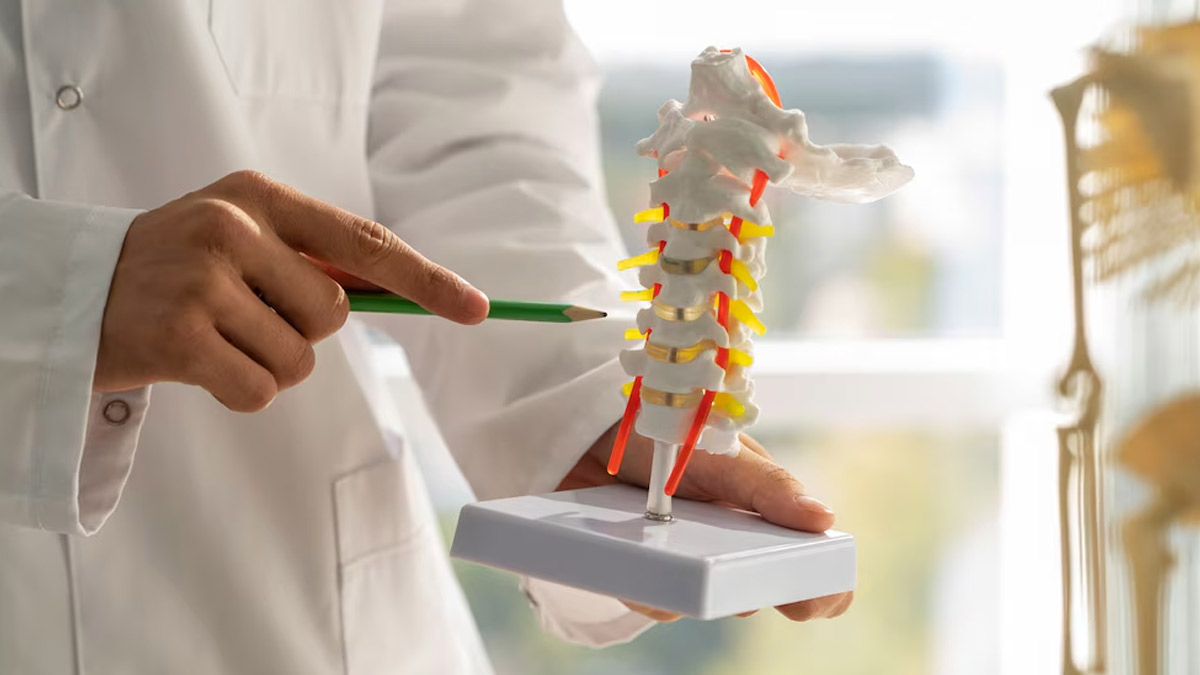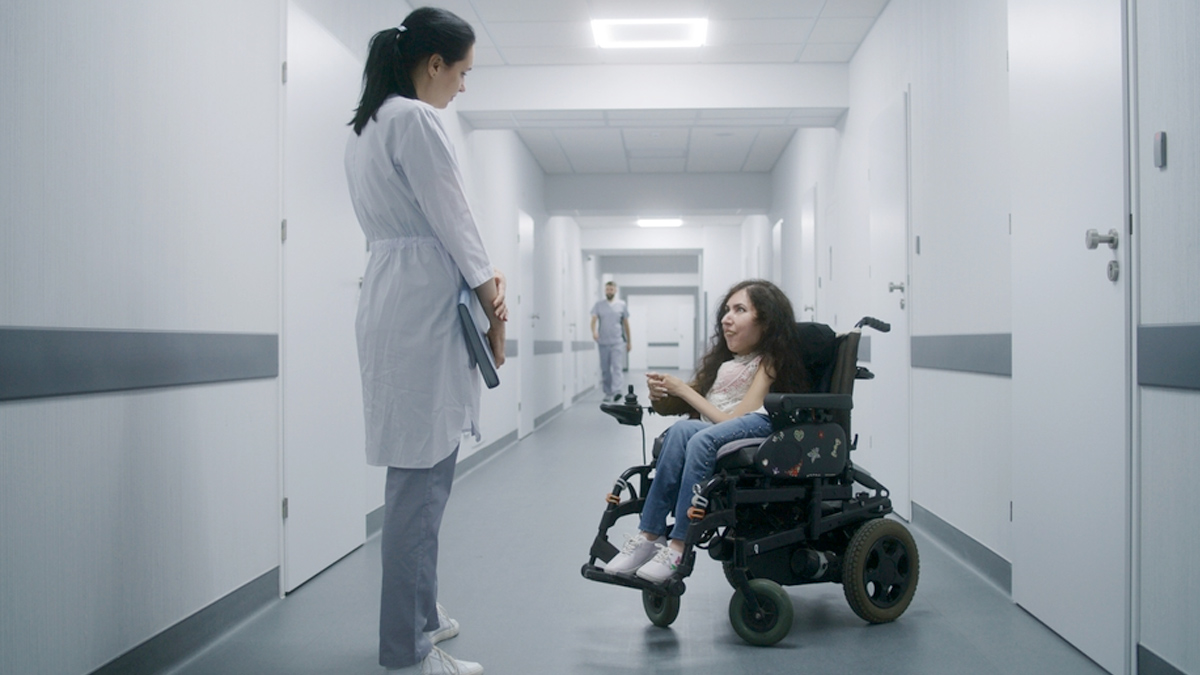
Living with a rare disease can be incredibly isolating, not just for those affected but for their families as well. For individuals with Spinal Muscular Atrophy (SMA), a genetic condition that weakens muscles, simple tasks like sitting or walking can become difficult. Understanding how SMA develops can help families and caregivers better navigate the challenges and find the right support to improve their quality of life. We spoke to our expert Dr Jasodhara Chaudhari, Consultant Neurologist and Pediatric Neurologist, Assistant Professor of Neurology at NRS Medical College and Hospital, Kolkata, who explained the progression of SMA, types, and the importance of finding the right support to improve the quality of life.
Table of Content:-
Prevalence Of Spinal Muscular Atrophy

Rare diseases affect a small percentage of the population. Despite their rarity, the World Health Organization (WHO) estimates that there are over 7,000 known rare diseases, collectively impacting millions globally. These conditions, which are often genetic, create unique challenges for patients, their families and the healthcare systems responsible for diagnosing and managing them.
“In India alone, despite rare diseases typically affecting fewer than 1 in 1,000 individuals, approximately 70 million people grapple with different rare diseases. Among the most debilitating of these is SMA, a genetic disorder that severely impacts motor neurons in the spinal cord,” said Dr Chaudhari.
According to a 2016 study, SMA is a group of genetic disorders that all share the hallmark of anterior horn cell degeneration, leading to muscle weakness and atrophy. While there is no cure for SMA, advances in the understanding of its molecular genetics have paved the way for the development of preclinical models and several promising therapeutic approaches.
Also Read: Do I Need Spine Surgery? Expert Helps You Find Out
Types and Progression of SMA

“The progression of SMA varies by type, from severe (Type 1) to milder forms (Type 4). As the disease advances, muscle weakness worsens, often requiring devices like wheelchairs, braces, or ventilators. Type 1, seen in infants, progresses rapidly, leading to early respiratory support,” said Dr Chaudhari.
SMA causes the loss of motor neurons in the spinal cord, weakening muscles in the chest, arms, and legs, affecting movement like sitting, walking, and head control. Symptoms range from muscle weakness and mobility issues to respiratory difficulties and trouble swallowing, with severity depending on when symptoms appear.
Challenges Faced by Patients and Families
“Patients suffering from rare diseases, such as SMA have either no access to treatment or are left with limited options for cure. In addition to the challenges faced by the patients, the family and caregivers also experience many struggles and hardships, such as emotional, physical, and financial strains, and lifestyle adjustments,” highlighted Dr Chaudhari.
Importance of Early Diagnosis and Multidisciplinary Care

Hence, early diagnosis of SMA is crucial for initiating appropriate medical and therapeutic interventions. Individuals with SMA need to get multidisciplinary care to help manage their mobility challenges and optimise their quality of life.
"While the disease's progression can vary widely, collaboration with specialists like paediatricians, neurologists, orthopaedists, nutritionists, physical therapists, palliative care experts, and psychologists can help manage symptoms and improve quality of life," added Dr Chaudhari. This multidisciplinary approach addresses physical, nutritional, and emotional needs, aiming to extend life and enhance the quality of the patients. Care includes therapy, nutrition, and emotional support, ensuring dignity and improved daily life for patients.
Support for Caregivers
"For families, SMA progression is not only physically challenging but also emotionally demanding. Caregivers often bear a significant burden, and multidisciplinary care offers much-needed support to patients and their families," said Dr Chaudhari. Through education, training, and respite services, caregivers are equipped with the skills needed to provide effective care while also ensuring their well-being.
Bottomline
Dr Chaudhari concluded Understanding the progression of SMA is key to managing the condition effectively. Advancements in treatment and supportive care can significantly enhance the quality of life for those affected, offering hope for better outcomes and prolonged independence.
[Disclaimer: This article contains information provided by an expert and is for informational purposes only. Hence, we advise you to consult your own professional if you are dealing with any health issues to avoid complications.]
Also watch this video
How we keep this article up to date:
We work with experts and keep a close eye on the latest in health and wellness. Whenever there is a new research or helpful information, we update our articles with accurate and useful advice.
Current Version